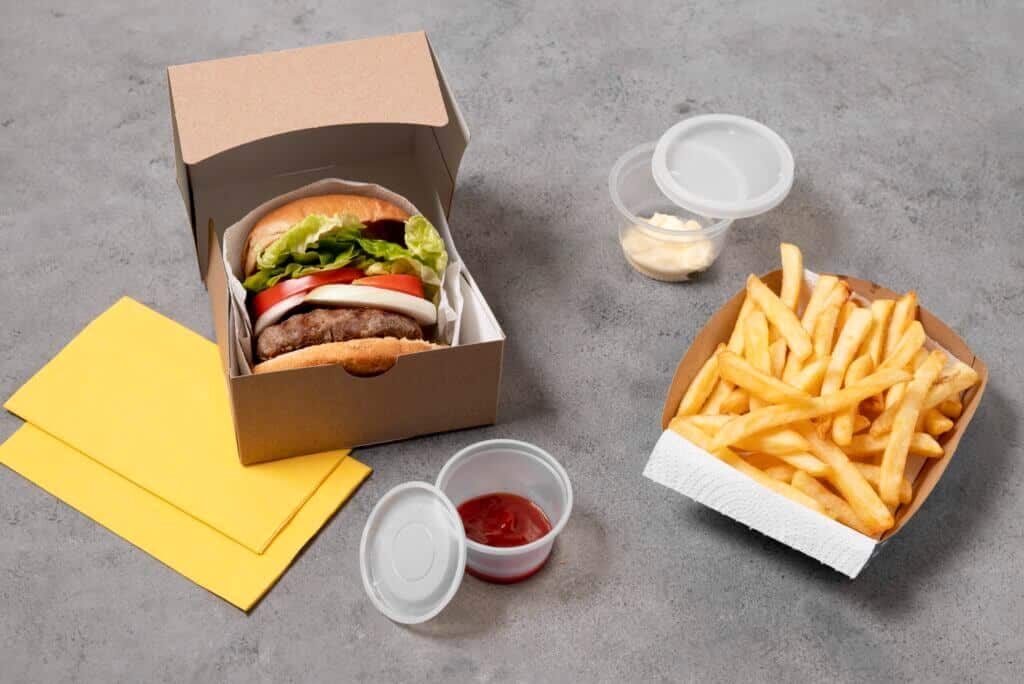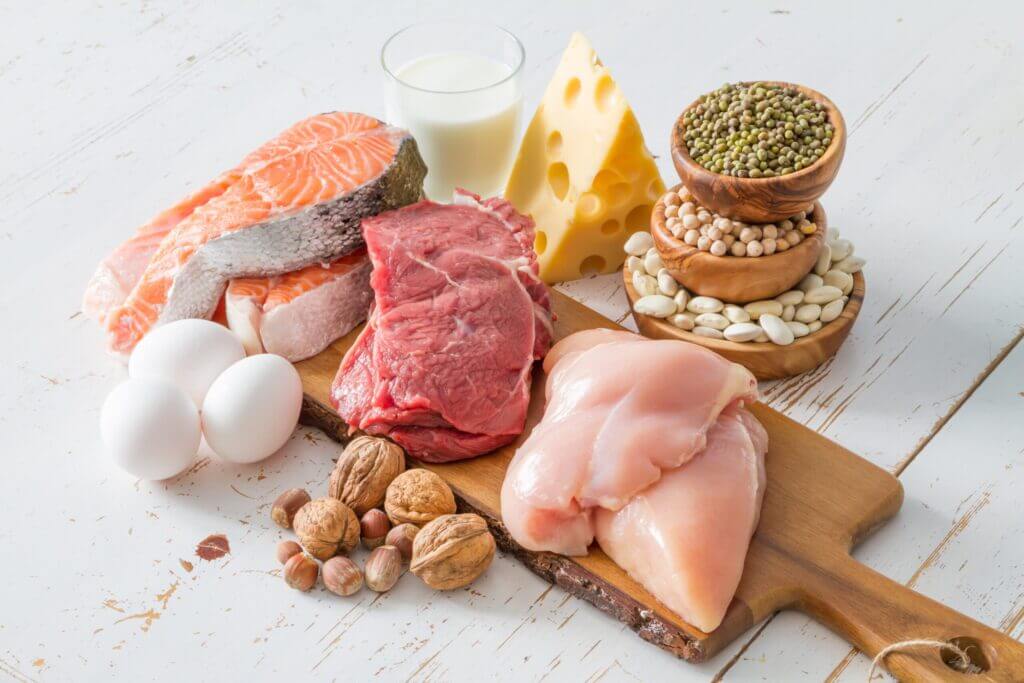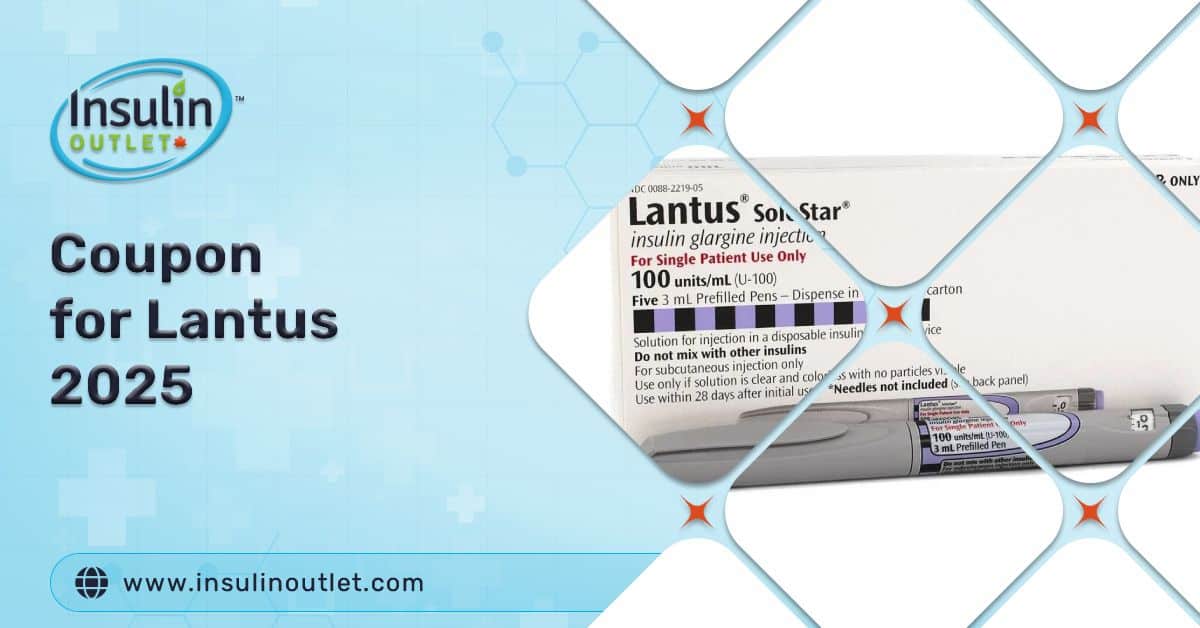
Dulaglutide, marketed under the brand name Trulicity, is a diabetes medication specifically for patients with type 2 diabetes. Patients with type 1 diabetes cannot produce insulin in their cells; hence, they cannot use Trulicity in their situation, as this medication stimulates insulin production within the cells.
Alongside helping control blood sugar levels within the body, Trulicity is also used to reduce risks of major cardiovascular episodes in patients with type 2 diabetes, who may already have a cardiovascular illness or are at risk for such issues.
Trulicity is paired with lifestyle modifications such as a healthier diet and increased exercise levels to improve outcomes.
Dulaglutide often gets mixed up with semaglutide. However, the two medications are different, so you should remember to distinguish between Trulicity and Ozempic.
Dulaglutide is a commonly prescribed medication in the United States; it ranked 134th in 2019, having five million prescriptions. American patients purchase their medications (such as Trulicity and Ozempic) through Canadian pharmacies, as they are able to save thousands of dollars per year.
Table Of Contents
ToggleWhat Foods Should You Avoid When Taking Trulicity?
As mentioned above, Trulicity is prescribed along with lifestyle modifications, such as a more balanced diet. Mostly, foods to avoid with Trulicity reflect the diet management associated with type 2 diabetes.
Usually, type 2 diabetes patients are recommended to reduce their sugar intake and simple carbohydrates. They may be asked to follow the kind of diet catered towards weight loss. Blood sugar control is a key factor in how effective the medication will be on your body.
However, even when managing a disease like diabetes, it is not recommended to cut out food groups entirely. It can become difficult to stick to a balanced diet plan when extreme restrictions are set.
Rather, it is better to account for foods you enjoy – such as ice cream and fast food – while maintaining an overall healthy diet. Including foods you love that lie outside of the healthy realm in a moderate amount helps maintain a healthy diet in the long term.

Overly Spicy/Seasoned and Oily Foods
Taking Trulicity is associated with GI and digestion problems. Patients who are prescribed the medication are recommended to consume bland foods with minimal oil to avoid such issues.
Processed Sugars
Whether you have diabetes or not, we all know that excess consumption of processed sugar is harmful to our health.
Unlike the natural sugar found in fruits and honey, processed sugar spikes the blood sugar level as it is absorbed a lot faster by the body. Due to this, the energy gained from such sugars is not sustained and lasts shorter. To keep our energy level high, we keep eating sugar to maintain it.
Foods made with processed sugars, such as cakes, donuts, ice cream, etc., have adverse effects on our bodies and should be avoided when managing diabetes. However, patients on Trulicity should also avoid complex sugars such as honey and fruits to keep their blood sugar levels low.
Sugary Drinks
Sugary drinks such as fizzy drinks and processed fruit juice are some of the unhealthiest foods on the planet.
Even though such drinks consist of the same amount of sugar and calories found in solid foods containing processed sugars, our bodies do not register them as they do not make us feel full. Since these drinks do not make us full, it becomes hard to compensate for them within our diet.
We end up consuming more calories and sugars, and this can lead to extremely high blood sugar when enjoyed in excess.
Refined Carbohydrates
Refined carbohydrates – such as white flour, white bread, and white pasta – have the same effects on our bodies as processed sugars.
When carbs are overly refined, they are stripped of their fiber and many of their vitamins and minerals. When foods lack fiber, they are absorbed faster into our bloodstream, raising glucose and insulin levels.
Refined carbs have a reduced ability to make us feel full and satisfied. This can lead to overeating, which plays against type 2 diabetes management.

Fast Food
Cheap prices paired with convenience make fast food a quick solution for meals. Despite being advertised as well-rounded foods, most fast food is chock-full of refined carbs, sugars, and meat. Lacking fiber, these foods rank low on how satisfied they make us feel.
Alongside this, the high sodium content in such foods may cause water retention, which may tip the scale in the opposite direction. Although you may believe burgers and fries are from cows and potatoes, fast food companies use processed ingredients that are the farthest thing from organic.
Processed Snack Foods
Processed foods such as chips, candies, granola bars, and most foods categorized as “snacks” are filled with empty calories and have minimal nutritional value.
Most of these foods are laden with unhealthy oils, refined carbs, and added sugars.
Alcohol
When looking at alcohol in terms of weight gain, the type of alcohol consumed is important. The effects of alcohol on weight will depend on the number of calories contained and what percentage of those calories are carbs. In this light, beer is associated with weight gain and high blood sugar.
Although drinking in moderation has no known effects on weight, heavy drinking is linked to weight gain.
What Should I Include in My Diet While Taking Trulicity?
Vegetables
Vegetables are full of minerals, vitamins, and nutrients. They help lose weight and have many additional benefits, such as healthy skin and hair, better digestion, and more energy.
It is recommended that patients pair each meal with servings of vegetables. Their high fiber content aids in keeping you full for longer. However, starchy vegetables (such as potatoes) are among the foods to avoid with Trulicity.
Protein
Protein has been proven to aid weight loss and blood sugar by giving a sense of fullness and satisfaction. They release energy over a spread-out period of time, reducing your hunger levels and making sure you don’t overeat.
Healthy protein options include chicken, salmon, lentils, chickpeas, eggs, tofu, and spinach.
When on Trulicity, patients are encouraged to increase their exercise intake. Protein is important for muscle and tissue repair, which is necessary when increasing your exercise levels.

Trulicity Dulaglutide
$294.99Healthy Fats
Healthy fats help to create a sense of fullness, add flavor to food, and slow down digestion. Good fatty foods include avocados, olive oil, nuts, nut and seed butters, dark chocolate, and fatty fish.
These fats contain compounds linked to reduced obesity, and hence, reduced high blood sugar.
Fiber
Not only found in vegetables but also in whole grains, beans, and nuts, fiber plays a great role in hunger levels.
Although fiber cannot be digested, it is beneficial for gut health. This helps aid in the GI and digestive issues that result from Trulicity and may help prevent constipation. Fiber also takes up more room in your stomach, which helps to keep you full for a longer amount of time. Moreover, most foods high in fiber tend to be low in sugar.
Summary
Trulicity is prescribed to patients who have type 2 diabetes. The main goal of this medication is to help patients manage their blood sugar levels.
Even though this medication helps to improve blood sugar levels, patients should not rely on it alone. They must follow through with lifestyle changes to manage their disease.

Foods to avoid with Trulicity are those higher in calories, providing relatively low nutritional benefits. These foods are mostly processed and packaged and consist mainly of refined ingredients.
However, patients don’t have to avoid drinking alcohol or eating certain foods completely but instead aim to enjoy them in moderation.
Even within regular meals, the proportion of the foods eaten should be balanced. Meals should include protein, whole grains, vegetables, and healthy fats. Pairing these things together makes the meal well balanced – this makes it so that the meal has an ideal effect on the body. Foods to avoid with Trulicity are also related to diets with other diabetes medications like Saxenda and Ozempic.
Patients should have a healthy attitude towards food – categorizing foods into “good” and “bad” or “foods that I can eat” and “foods I cannot eat” tends to reduce the effectiveness of the diet itself. Everything should be enjoyed in moderation rather than being completely avoided.
Share:












